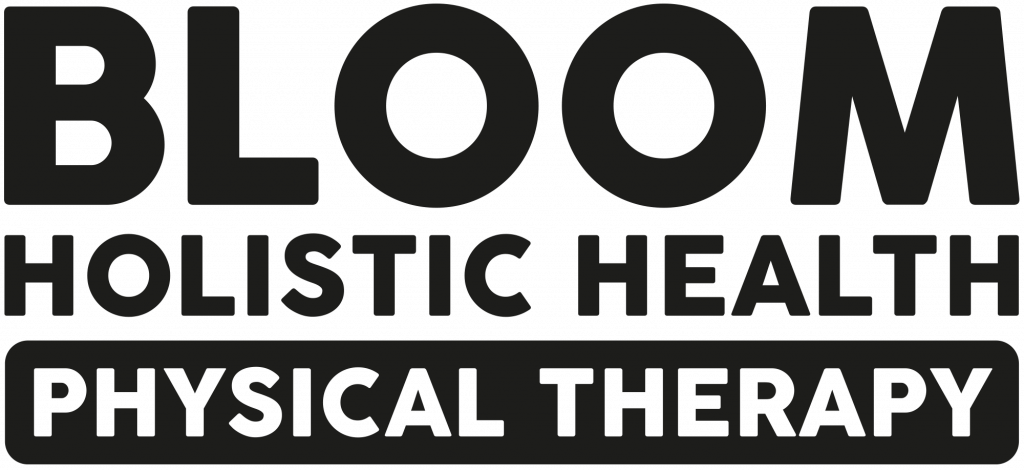Empathy is an essential quality for effective rehab – all the books in the world won’t help to support an individual in their own personal needs: life and people are just too beautifully complex to be neatly fit into generic guidelines.
Listening to Harry Parker’s account of being a person with prosthetics (https://www.bbc.co.uk/programmes/m00162m2) is an excellent resource for any of us working with people that use adaptive technology (and also so much more than that). He, and the other people with disabilities included in his account, share their experience of living with alternative physical attributes, whether the consequence of trauma during life or inherent since birth, that ‘fixing the problem’ isn’t always the goal, and their sense of identity as a users of assistive tech.
New Shiny Toys
In places, the serialisation is pure geek-fodder, discussing high-tech rehab solutions like neurologically controlled exoskeletons (https://www.youtube.com/watch?v=JRbK6OGIdHk), but his angle adds the critical perspective of a user of the technology – this is something I understand from working for years as a usability consultant in the digital sphere – assumptions of and the excitement of product designers are often misaligned with end users wants.
In one example, Harry shares the response of a blind companion on assistive technology that aims to provide audio feedback or tactile information to augment the environment – something that, as a seeing person, seems like a good solution to a problem I don’t have. But, for Harry’s friend, the increased input to his remaining senses is not welcome and compromises the audio and tactile world he already comfortably has.
Patient-led Solutions
Healthcare workers and clinicians are taught about the importance of empathy, and rightly so. But empathy and sympathy are different. I cannot empathise without listening to the experiences of people whose perspectives I don’t share. I need to ask and to accept the feedback of those whose lived reality is being supported by the therapy approaches I can provide, and accept if they aren’t appropriate.
It’s an exciting new world, with digital and other tech becoming more integrated and available to everyone in society. We have much to learn and much to gain. Harry’s voice, and others, are the so valuable and I recommend it as a good listen for anyone interested or working in the field.
